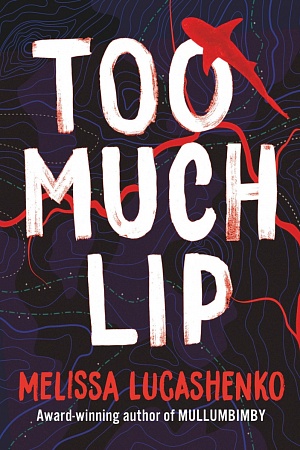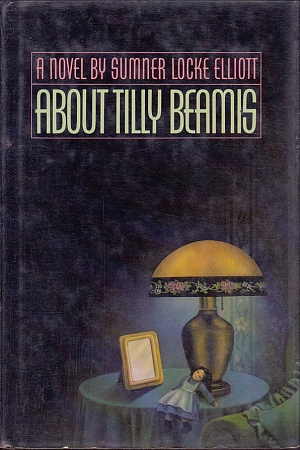The Prosperous Thief
Allen & Unwin $27.95 pb, 291 pp, 1865087564
The Prosperous Thief by Andrea Goldsmith
‘History always emphasises terminal events,’ Albert Speer observed bitterly to his American interrogators just after the end of the war, according to Antony Beevor in Berlin: The Downfall 1945 (2002). Few events in recent history were more terminal than the Holocaust, it might be urged. Yet the singularity of that ‘terminus’ has been questioned in recent years. Is it, however, perilous for someone not a Jew to talk about it? Nell, the goyische lover of Jewish Laura Lewin, puts her foot right in it in Melbourne at the end of the century dominated by the Holocaust and its memories. ‘So the Holocaust is sacred Jewish ground? Complete with an electric fence around it for all eternity?’ Laura, in a not particularly deft similitude, reacts with a sharp response worthy of a ‘partly exposed landmine’. Nell can only put her unexploded foot further into it. ‘You Jews don’t do forgiveness, do you?’ Laura ‘was incredulous: Nell had clearly understood nothing. And would never understand.’ Is that sentiment intended to be generalised to all non-Jews?
Well, here’s a galloping case of where angels fear to tread. ‘Not another Holocaust novel!’ was my initial response to Andrea Goldsmith’s book. Yet the price of liberty is eternal vigilance. Lest We Forget. As one character upbraids herself: ‘When you realise you have forgotten something so significant as your grandmother dying before your eyes, you are terrified at what else you might have blocked out.’ But haven’t we heard it all before, from more qualified, by virtue of temporal and geopolitical proximity, novelists? Was I over-influenced by the satanic narrator of the young Anglo-Indian novelist Glen Duncan’s I, Lucifer? (2002) ‘Raphael found me in the open-air cinema. Schindler’s List … “He who saves a single life,” Ben Kingsley said to Liam Neeson, “saves the world entire.” I got up and slouched out in disgust.’
Continue reading for only $10 per month. Subscribe and gain full access to Australian Book Review. Already a subscriber? Sign in. If you need assistance, feel free to contact us.














Leave a comment
If you are an ABR subscriber, you will need to sign in to post a comment.
If you have forgotten your sign in details, or if you receive an error message when trying to submit your comment, please email your comment (and the name of the article to which it relates) to ABR Comments. We will review your comment and, subject to approval, we will post it under your name.
Please note that all comments must be approved by ABR and comply with our Terms & Conditions.